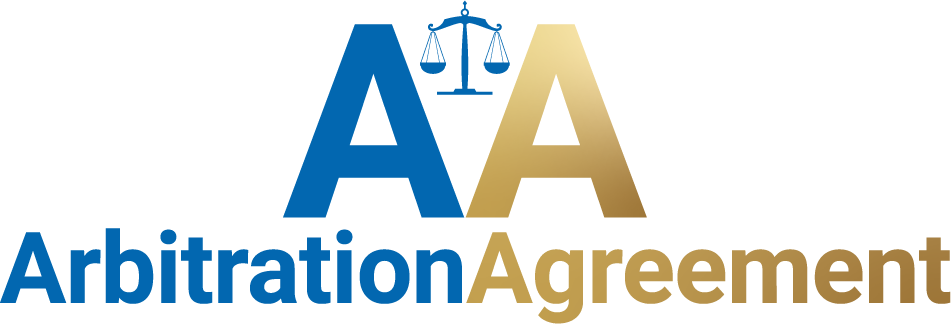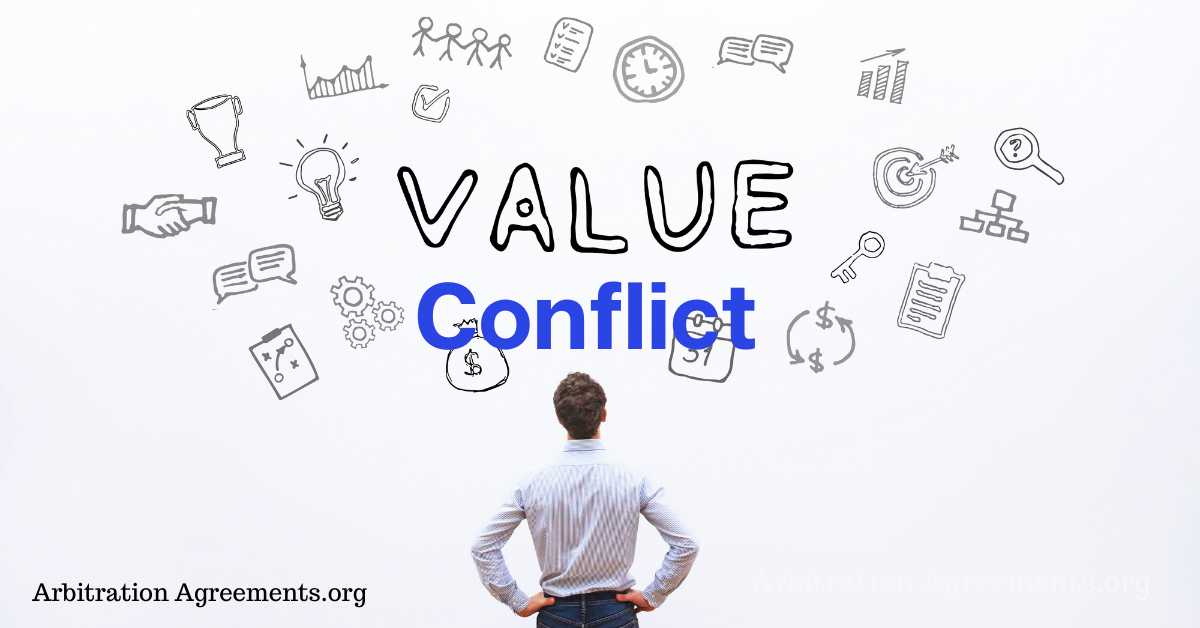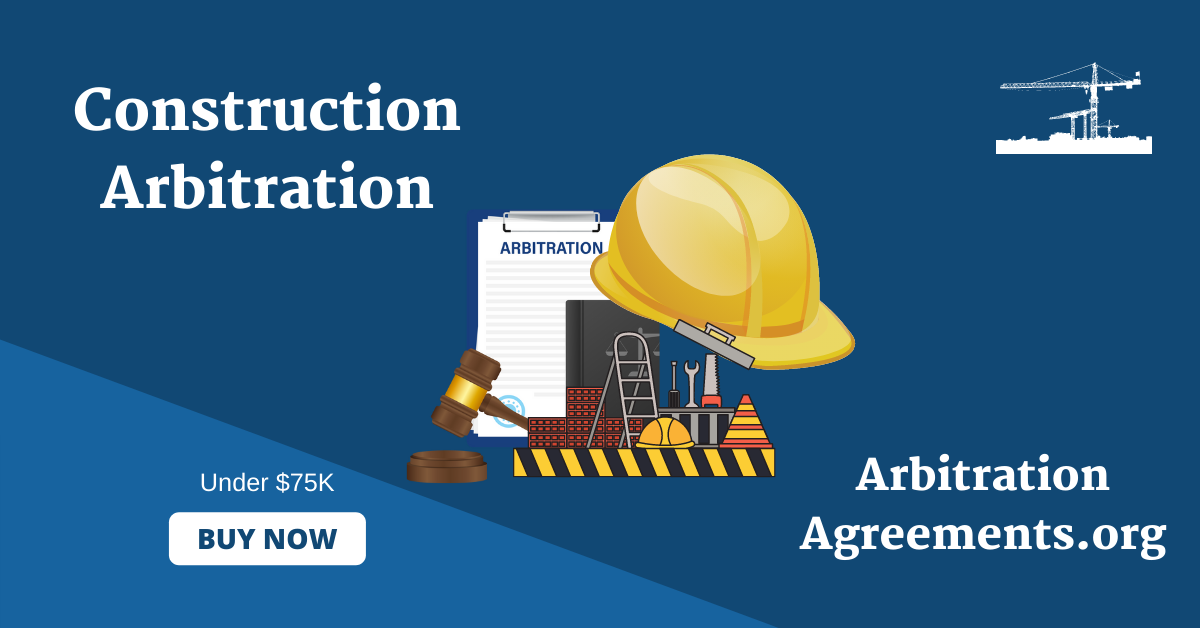8 Advantages of Arbitration: Why Arbitration Is Superior to Litigation
There are many advantages of arbitration that disputing parties should know about. Before we get into those advantages, let’s go over the basics of arbitration. Arbitration is an ADR (alternative dispute resolution) method for resolving disputes. The parties do not go to court to settle their legal claims. Instead, they submit the dispute to a neutral third party. This third party refers to the arbitrator. Think of an arbitrator like a judge in a courtroom. Must visit How To Use Arbitrate in a Sentence . Every arbitrator focuses on resolving a legal dispute through hearings. In the hearings, parties present evidence and can call-in witnesses. Then, each side makes an oral argument before the arbitrator. An arbitrator then provides a decision and award. Each arbitration award carries legal binding status. This means that it cannot get appealed in any US court. Most disputing parties prefer the arbitral process. Why? It's simple. Arbitration saves people and companies time and money. Check out Mandatory Arbitration .
What Are the Advantages of Arbitration?
There are many advantages of arbitration. We’ve listed each key advantage below on this page. Arbitration has become a popular method toward resolving almost any legal case. Why? Because the arbitration process is much faster than that of court litigation. In fact, parties can often place a time limit on the length of the process. Arbitration proceedings are also more flexible than standard court litigation processes. Since arbitration’s relaxed and fast, it saves many parties a lot of money. US court rulings always get presented as public information. That's not the case with arbitration. Arbitration awards are always kept confidential and private. Read about Difference Between Mediation and Arbitration .
What Are the Advantages of Arbitration Over Litigation?
So, what's a key advantage of arbitration over litigation ? One crucial advantage is that arbitration is much faster of a process. Sometimes the arbitration hearing process can conclude in one day. That’s not the case with most court proceedings. Plus, arbitration is a lot cheaper (on average) than litigation. It also features a relaxed process that benefits businesses and individuals alike. Arbitral awards and proceedings are almost always kept private and confidential. This way, the public will not know about the dirty laundry of any person or company. Check out Arbitration Definition Economics .
Why Do Companies Use Arbitration?
It’s simple- arbitration is the best outlet to receive a legal, binding resolution. Through most other ADR methods, parties must create a post-dispute agreement. This means an arbitration decision /award isn’t approved by a court unless the parties agree. That can prevent many disputing parties from ever reaching a final agreement. With arbitration, companies can rest assured by using a neutral arbitrator. It’s an arbitrator’s job to create a fair, binding outcome for disputing parties. Visit Arbitration Agreement Meaning .

Who Pays the Cost of Arbitration?
In most cases, parties split the general costs of arbitration. This includes standard costs like hearing room fees and abeyance fees. Of course, each party should pay for its own attorney services. Most arbitration provisions and agreements feature terms about costs. Once parties sign a contract, they must adhere to these terms and conditions.
Arbitration Advantage #1: Parties Agree on Who the Arbitrator Is
Most disputing parties get to agree on who the arbitrator is. Or, who will sit on a three-person arbitration panel or arbitral tribunal . This is a huge advantage of arbitration? Why? Because, odd are, the arbitrator is someone that both parties have confidence in. After all, a key purpose of an arbitrator is to act in a fair and impartial manner. Imagine what a standard court case would seem like if parties could choose the judge. Well, that’s sort of how arbitration functions. Check out Arbitration Agreement Association .
Arbitration Advantage #2: Most Legal Disputes Get Resolved Fast
Arbitration is almost always a much faster process than court litigation. Sometimes courts will set a court date many months in advance. That’s not the case with arbitration. Parties have a say in when arbitration hearings will take place. When it comes to the speed of litigation, let’s use Virginia as an example. The average Virginia trial date is about twelve months from the date a lawsuit gets filed. Well, do not expect to wait one year for your arbitration hearings to begin. Visit Arbitration Law .
Arbitration Advantage #3: Arbitration Saves Money Compared to Court Litigation
One key advantage of arbitration involves spending money. Or, in this case, not having to spend that much money compared to court litigation. Arbitration is almost always less expensive than litigation. There are varying reasons for this. One is that fees toward arbitrators are often cheap. You can compare those fees to the cost of paying witnesses to testify at a court trial. Check out Mandatory Arbitration Provision . In most cases, parties split the arbitrator’s fee on a 50/50 basis. Preparing for arbitration is also a lot cheaper than preparing for a court trial. One key reason is that arbitration has relaxed rules of evidence. And court trials never do. This means an arbitrating party can submit documents. That way, the party won't need to bring in a witness to testify. Visit Pre Dispute Arbitration Clause .
Arbitration Advantage #4: Arbitration Is Private & Confidential
US court trials are never kept confidential. But that’s not the case with arbitration. Arbitration always functions as a private dispute resolution process. This means parties desiring privacy can keep any resolution confidential. Even arbitral proceedings can get kept confidential, if that’s what one of the parties wants. Visit Interest Arbitration Service . Keeping a final resolution confidential benefits many businesses and companies. They can maintain a high-quality PR image without losing customers and consumers. The last thing any party wants is to get ridiculed by the public. And arbitration will prevent that happening to a party in a legal dispute. Well-known public figures also benefit through this advantage. Sensitive information gets kept from the public thanks to the arbitral process. Must visit Sample Arbitration Clauses .
Arbitration Advantage #5: An Arbitration Award & Decision Has Binding Status
Almost all arbitration proceedings refer to binding arbitration . This means very few opportunities exist to appeal an arbitrator’s final decision. Thus, receiving an arbitration award is the final step of most arbitration processes. This way, parties receive a level of finality that they wouldn’t experience in a US courtroom. With litigation, almost all trial decisions can get appealed by a party. This leads to many legal disputes dragging on for years. Or, sometimes a new trial will have to take place. When that happens, parties go back to square one after devoting a lot of money and time. If you want to end your dispute ASAP, arbitration is your best bet. Check out 4 types of ADR .
Arbitration Advantage #6: Arbitration Prevents Hostility Between Parties
Hostility often escalates during litigation and public court trials. Why? Because many disputing parties feel helpless. There are so many formalities in litigation. And those formalities can lead to frustration amongst parties. That’s not the case when it comes to arbitration. Through arbitration, parties get encouraged to take part in the entire process. This can even include structuring each term within a binding resolution. This leads to many arbitrating parties working together to resolve their differences. All while doing so in a peaceful and non-hostile manner. Check out Federal Arbitration Act .
Arbitration Advantage #7: Flexibility
The arbitration process is much, much more flexible than that of litigation. Think about it. Court trials must get worked into very crowded court calendars. And that’s not the case with arbitration proceedings. Parties can schedule the hearings almost whenever they’d like. Many disputing parties even arbitrate on weekends and evenings. This alone makes arbitration more of an efficient process than litigation. Plus, arbitrated disputes get resolved faster than most litigated disputes. Sure, we already mentioned this earlier. But it’s a huge advantage that every disputing party in the world should know about. Read here How Binding Arbitration Can Help You. Visit Arbitration vs Mediation vs Litigation .
Arbitration Advantage #8: Simplified Rules of Evidence & Procedure
There’s one word that many legal scholars use when describing litigation rules. It's "convoluted." Why? Because litigation has a reputation for having very complicated rules of evidence. (And also rules of procedure.) But fear not- most of these legal rules do not apply to arbitration proceedings. This way, the arbitral process becomes streamlined and efficient. That’s a key reason why arbitration hearings conclude faster than most court trials. Visit also Forced Arbitration . Arbitration gets rid of the discovery process. So, what is the discovery process? It’s a formal litigation procedure for depositions and interrogatories. Most legal experts consider discovery as little more than a game-playing tactic. Through arbitration, you won’t feel like you're playing a game. Instead, parties feel like they're on the fast-track to getting their dispute resolved. Must visit Insurance Arbitration Process .
Do You Have Questions About Arbitration? Contact Us Right Now
Our arbitration professionals are standing by to answer your questions. All you've got to do is pick up the phone and call the number listed on this page. You're also welcome to message us here on our website or send an email. We can address any inquiries you have related to arbitration and ADR. From finding a local arbitrator to help drafting an agreement, clause, or provision. There's no limit to what arbitration can do for you. And there’s no limit to what our dedicated professionals can do for you or your business. We look forward to becoming your go-to resource for arbitration information and services. Take a look at Binding Arbitration Clause .









